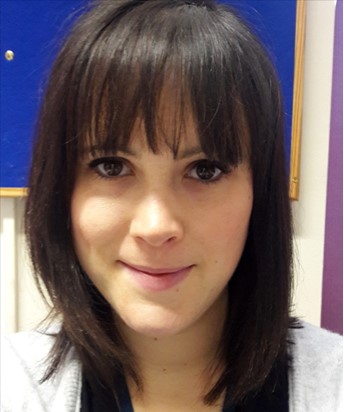Supporting people who communicate through behaviour
 One of my favourite things to do is to have a big night out with my friends. We dance the night away and often have a bag of chips on the way home! Yet, this is the sort of fun activity that is often not accessible to people with learning disabilities. And it's even less accessible if you're someone who communicates through behaviour that other people find challenging. Not everyone likes to go dancing, but everyone should be able to do the things they enjoy.
One of my favourite things to do is to have a big night out with my friends. We dance the night away and often have a bag of chips on the way home! Yet, this is the sort of fun activity that is often not accessible to people with learning disabilities. And it's even less accessible if you're someone who communicates through behaviour that other people find challenging. Not everyone likes to go dancing, but everyone should be able to do the things they enjoy.
I recently started work for Brandon Trust as the Advanced Practitioner in Positive Behaviour Support (PBS). My role is to think about how Brandon can better support people who communicate through behaviour that people find challenging. In doing this, I'm always thinking about how we can enable people to do the things they like and make them happy.
PBS is an approach to supporting people with their behaviour but the overall aim is always to improve that person's quality of life. For example, that they will have more opportunities to socialise, have more choice about the things they do, and be more independent. This fits with my belief that people with learning disabilities deserve the same opportunities and freedoms in life that I enjoy.
I am a clinical psychologist and before coming to Brandon I worked in community learning disability teams. My experiences have taught me the importance of proactive support and what happens if things escalate into a crisis. I'm excited that in my new role, I'll be able to support teams to provide proactive, high-quality support, and enable people to have a better quality of life. I'm starting to do this in a few different ways, including working with my fantastic colleagues who are already doing PBS in Brandon, and recruiting and training experienced practitioners in PBS to take a leading role going forward.
I'm also leading on the STOMP campaign for Brandon, which focusses on stopping the overmedication of people with learning disabilities and autism. This fits perfectly with the implementation of PBS, as the more proactive we are, the less we need to rely on medication to 'manage behaviour'. I feel very passionate about this campaign and am sure that Brandon can have a role in raising awareness and ensuring the people we support only take medication they need.
Natasha Woodward
Advanced Practitioner - Positive Behaviour Support

